Memories of Mindanao, Part 15
By Conrad J. Benedicto
“At the crest of a hill behind the crowded lushness of the forest you catch a glimpse: bits of turquoise peeking through the dense foliage until the whole expanse opens up before you-a little ocean cradled by peaks.”
Lake Sebu
Is there anything more magical than a lake in the sky? After several hours in the hot countryside, we drove up into the green, wet mountains and there it was. At the crest of a hill behind the crowded lushness of the forest you catch a glimpse: bits of turquoise peeking through the dense foliage until the whole expanse opens up before you-a little ocean cradled by peaks. Wisps of fog retreat from its shores making the wistful notion that the lake has just now emerged from time tug at your imagination.
We came to the shores of Lake Sebu via an exhilarating but concerning “habal-habal” ride down to the lake. A habal-habal is a motorcycle with an extended back seat designed to let two passengers ride behind the driver. I partnered with Gabrielle to be the passengers of Ronald who motored into the parking lot of our mountain inn with an entire posse of riders wearing racing gear instead of chaps and bandanas instead of cowboy hats. No helmets, if you please.
When we arrived at the lakeside, we were greeted by the tell-tale signs of resorts and souvenir shops. Beyond the gauntlet of stalls, a tour boat awaited us down a steep staircase trail. When we got on the vessel, an elder named Auntie Myrna was waiting to accompany us along with a handful of other culture bearers. Auntie Myrna told stories and sang songs about the lake while her companions played the hegalong (boat lute) and t’nonggong (dear skin drum) as our boat drifted along. She sang of the long haired woman who discovered the waters of Lake Cebu and of the husband who tried to save her. She told stories of the T’boli people sharing the lake and how in her childhood her father would come down to its shores in the morning and head back up the mountain at the end of the day with fish for his family. She spoke of the old days, when disputes could be settled by tribal law. The longing in Auntie Myrna’s voice slowly grew until she could no longer keep her tears.
Lake Sebu is in the lands of the T’boli people but sadly in the hands of developers. When a T’boli person has a dispute with a developer, they must hire a lawyer that they cannot afford. Now landless, many of the people become poor and like poor people everywhere, they run into the law, which is no longer tribal law but property law that wrongs them. Auntie Myrna’s stories contrasted starkly with the Bangsamoro, who-although faced with conflict still-did not tell theirs from such a disadvantaged position.
Besieged by development, Lake Sebu’s ecosystem has also lost its autonomy. Its waters have become too eutrophic, so thick with frills of algae in some spots that it seems unlikely any oxygen is left for fish. Still, there are egrets prancing along the shores and, in the more remote ends of the lake, the wooden dwellings of common folk, which unlike the resorts have roots in the silt, persist. Still, the surrounding peaks encircle the lake in a lush arboreal embrace.
That morning Tribu participants prepared offerings for Lake Sebu. Some made beautiful arrangements of orchids and bougainvillea nestled inside woven blades of iris. I placed a tiny handful of rice and a lock of hair inside the not so pretty pouch I had constructed. Once we reached the middle of the lake, we carefully placed the offerings on the waters and watched them drift away between the lotus leaves and onto the realm of Bawulan who created the lake by collecting water using the long strands of her own tresses. Swallows flew above our boat as if to guide them.
Conrad J. Benedicto
A teacher, author, and kulintang musician who studied with Master Danongan Kalanduyan from 1997 to 2016. He was Master Kalanduyan’s apprentice within the Alliance for California Traditional Arts’ Apprenticeship Program in 2007 and again in 2013. He founded and leads the Kulintang band, Kulitang Dialect, and has performed at the Filipino American International Book Fest Gala, Gongster’s Paradise Kulintang Festival, SF Parol Lantern Festival, and more. He has received grants for his music from the San Francisco Arts Commission and Zellerbach Family Foundation. He teaches social studies, environmental education, and kulintang music at Balboa High School in San Francisco.
Publications:
Musalaya’s Gift, Fantasy Novel
The Warriors of Dagad Pass by Bumbakal Saksi, Musalaya’s Gift Graphic Companion Book





